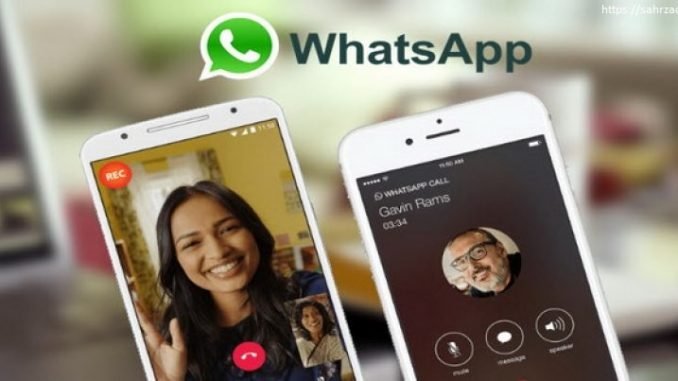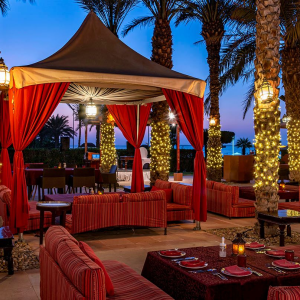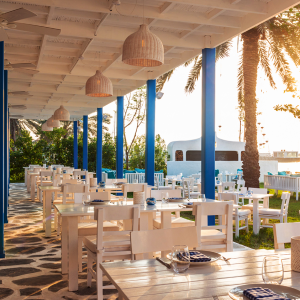A Daily Struggle with Communication
For thousands of Indians living in Dubai, staying connected with family back home is not just important — it’s everything. Parents, partners, and children often live thousands of kilometers away, and WhatsApp calls seem like the simplest solution. But there’s a catch: WhatsApp voice and video calls are blocked in the UAE.
Yes, despite WhatsApp being one of the world’s most popular communication apps, the UAE restricts its calling features under its VoIP (Voice over Internet Protocol) regulations. That means if you’re living in Dubai, you can’t just open WhatsApp and call your mom in Delhi or your wife in Mumbai. You’ll likely see that frustrating message: “Call failed.”
So, what’s the workaround?
VPNs — Virtual Private Networks — have become the hidden lifeline for thousands of Indian expats.

Why VPNs Are the Secret Hero
A VPN masks your internet traffic by routing it through a different country where WhatsApp calling is not blocked. For example, if your VPN is set to connect through a server in the US, your device behaves as if it’s accessing the internet from there. And just like that — WhatsApp calls work.
Apps like ExpressVPN, NordVPN, Surfshark, and ProtonVPN have gained popularity among Dubai’s Indian community. They’re easy to install, work across devices, and provide decent speed and privacy.

“Using a VPN is the only way I can hear my daughter’s voice every day,” says Rahul, an IT professional in Business Bay. “It’s not just a tech fix — it’s emotional survival.”
The Lifestyle Behind the Call
Most Indian expats in Dubai work hard — often six days a week — juggling jobs in tech, hospitality, construction, or healthcare. Their days start early, their nights end late, and in between the chaos, there’s just one thing that keeps them going: the connection with home.
A 15-minute WhatsApp call can mean the world. From listening to your kid talk about school, to celebrating birthdays virtually, these calls carry the emotional weight of family, love, and life back in India.
Without VPNs, this would all be lost.
Legal or Not: What You Need to Know
Now, here’s the tricky part. Using a VPN in the UAE is not illegal by itself — many businesses use them for secure data access. However, using a VPN to bypass government bans or access restricted services may fall in a legal gray area.
According to UAE law, using a VPN to commit a crime is punishable. But making a WhatsApp call isn’t technically a crime — it’s just blocked for regulatory reasons.
“Be smart,” advises a digital consultant based in Dubai. “Use a trusted VPN, but don’t talk about it loudly at your workplace. It’s a ‘don’t ask, don’t tell’ kind of situation.”
Most expats understand this silent code — everyone uses VPNs, but nobody flaunts it.
The Rise of VPN Culture
Over the last few years, Dubai has seen an explosion in VPN usage. The trend isn’t just limited to tech-savvy youngsters anymore. Housewives, senior citizens, and small business owners are all learning how to use VPNs to stay connected.
There are YouTube tutorials, Telegram groups, and even word-of-mouth networks teaching people which VPN works best, how to install it, and what server to choose.
It’s become a part of daily life — like learning how to drive or cook. In fact, some newcomers now ask about the best VPN right after they land in Dubai.

Achievements That Keep Them Going
Despite the communication barriers, Indian expats in Dubai are thriving. Many have built successful careers, started businesses, or climbed the corporate ladder. They’ve bought homes, funded their children’s education, and supported families back home — all while navigating a foreign land with rules very different from their own.
And through it all, they haven’t let the distance win.
They’ve adapted.
They’ve learned.
They’ve hacked the system — legally and smartly — just to hear the voice of someone they love.
VPN Recommendations for Dubai
If you’re looking to get started, here are some reliable VPNs for WhatsApp calling from Dubai to India:
- ExpressVPN – Fast, reliable, and beginner-friendly
- NordVPN – Excellent security features and speed
- Surfshark – Affordable and supports multiple devices
- ProtonVPN – Has a decent free plan
- CyberGhost – User-friendly and great for streaming and calls
Make sure to select a server in countries like the US, UK, or India (if not blocked by the VPN provider) to enable WhatsApp calling.
Real Voices from the Community
Anjali, a nurse living in Deira:
“After 12-hour shifts, I just want to see my parents’ faces. VPNs have made that possible.”
Sandeep, a delivery executive:
“I can’t afford to fly home often. My VPN and WhatsApp calls are my emotional fuel.”
Meena, a stay-at-home mom in Sharjah:
“My child video-calls her grandparents every evening — and they don’t even know we’re using a VPN.”
Current Trends and What Lies Ahead
The UAE is slowly adapting to the demand for better communication. Apps like Botim, C’Me, and ToTok are officially allowed, but the call quality and user experience often fall short compared to WhatsApp or FaceTime.
Unless there’s a change in telecom policy, VPNs will remain the go-to tool for Indian expats in Dubai to stay emotionally connected with loved ones.
There are also talks about regulated VoIP frameworks that might open doors for mainstream apps in the future — but until then, VPNs are the unsung heroes of cross-border communication.
Final Thoughts
If you’re an Indian living in Dubai, your story is one of hustle, adaptation, and heart.
Despite strict digital restrictions, you’ve found your way — just to hear a familiar voice or see a smiling face back home.
VPNs may seem like just another tech tool, but in reality, they’re a bridge between lives, dreams, and emotions spread across two countries.
So the next time you hear someone say “VPN,” know this — behind that one word lies a story of love, connection, and unstoppable human spirit.
Do follow UAE Stories on Instagram
Read More: Revolutionary Dubai Update: Check Credit Scores in Seconds!















